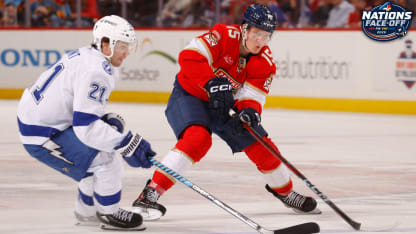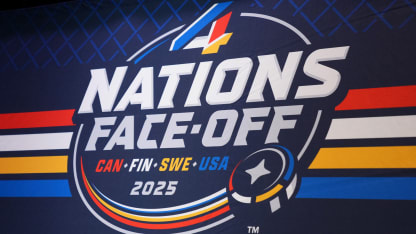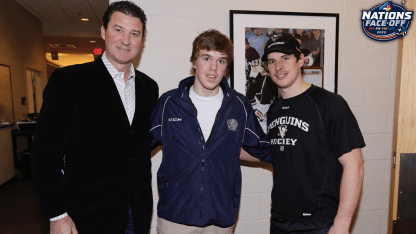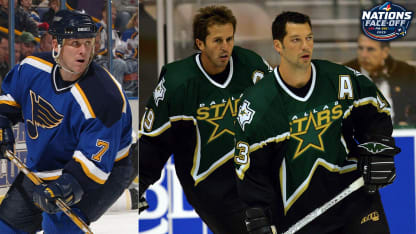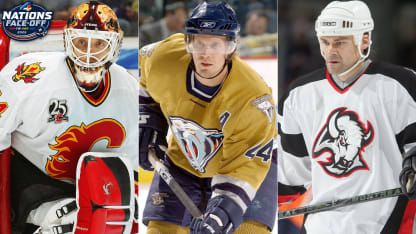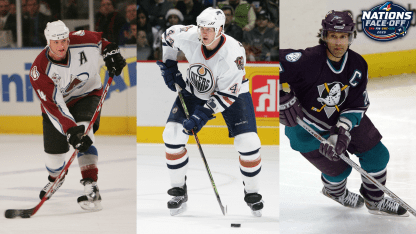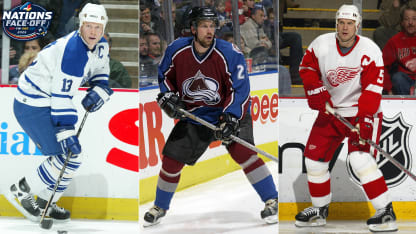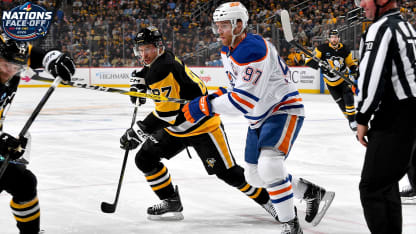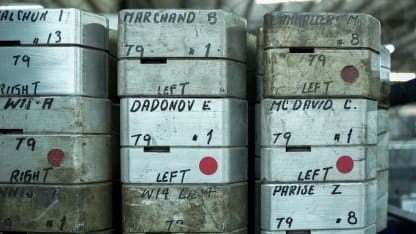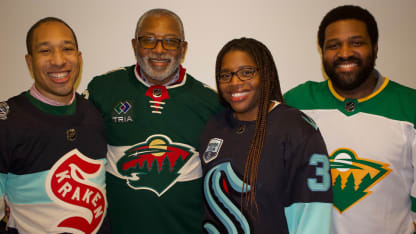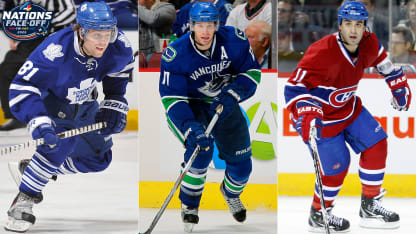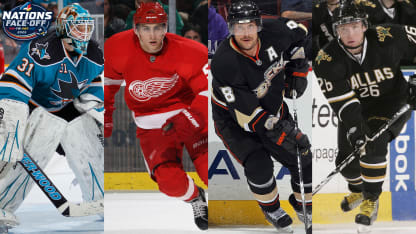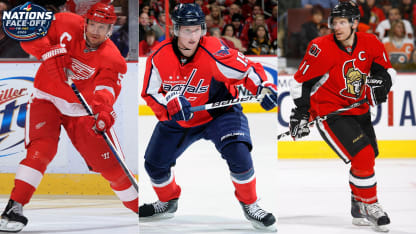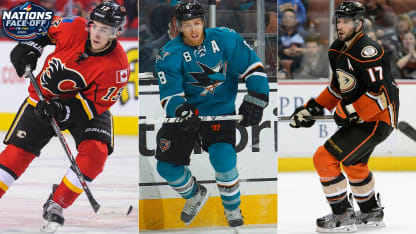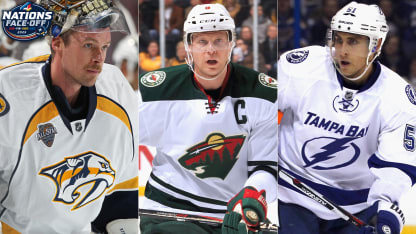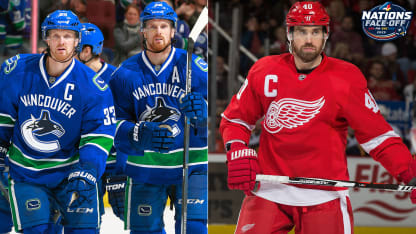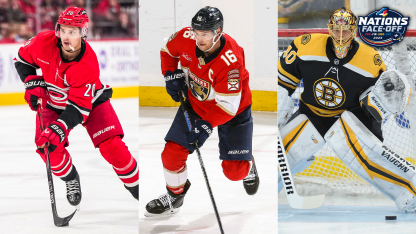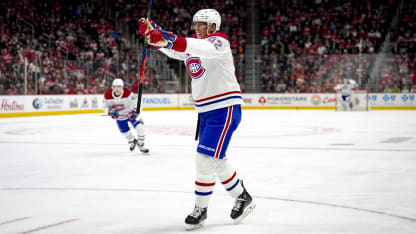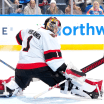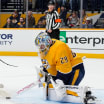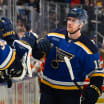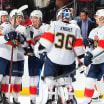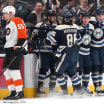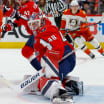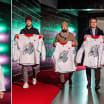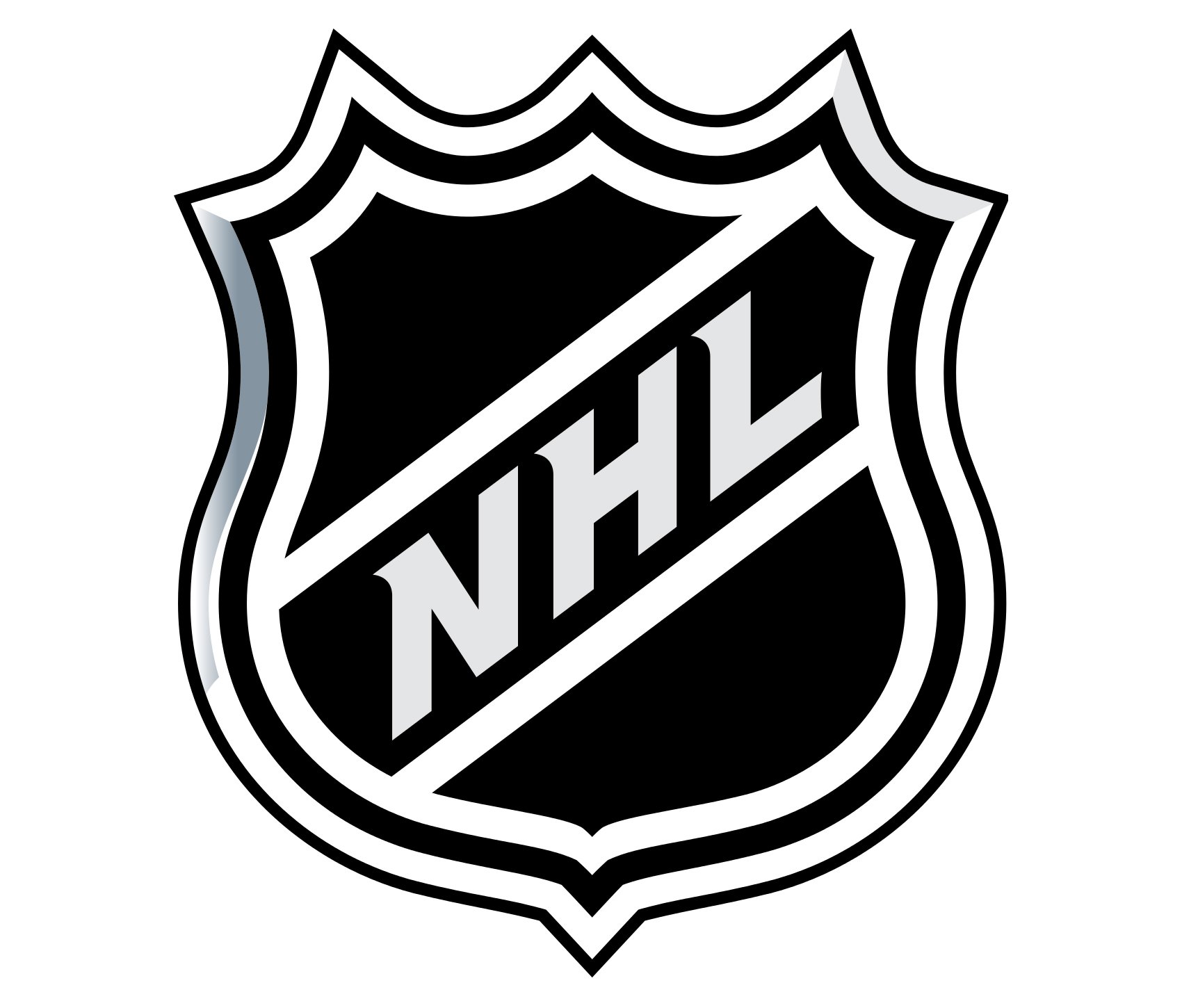When you're playing 82 games and you come off the Christmas break, you can make a lot of hay in January.
It's a time in the schedule where some teams might not be as ready as you expect and if your team is ready to go, you can certainly make up some ground or put some distance between you and the people that are chasing you and give yourself a little bit a breathing room. Getting through January and February can be a daunting task, but it can certainly set you up for a good finish.
It comes down to your preparation as a coach and your team's willingness to accept that challenge and be ready to play every night.
You're not going to be good every night, you have to understand that too. You're going to have nights where it's not good, but you want to be very consistent in your messaging and your preparation and make sure you have plenty of details, and the players are invested in what you're trying to do.
You still have to try to make it fun, and also you have to manage your ice time and minutes and practice times and make sure you have the energy to play the games. You still have to practice, but you have to make sure you have the energy and cohesiveness, so it's a fine balance.
There is a lot of talk with the physiotherapists and the sports science guys that are telling you if you are red, green or yellow with the team and how you have to go about it, and you have to trust those guys. They know what they're doing and what they're talking about, and you have to manage your team through it and make sure they're ready to go and giving it the best they can. You're really depending on your sports science guys right now.
For coaches, once you get into January there is a push to the All-Star break or in this case the 4-Nations Face-Off. You have to prepare something for the next week to challenge the player to get us to that break. You come out of Christmas and some players are looking at the break that it's still a month-and-a-half away, so you have to make those weeks interesting for them, make them want to come to the rink and be competitive and then they can enjoy the break and go wherever they're going.
You try to use that as a little bit of a carrot, but before you start eating on the big carrot, you have to give them a smaller one to get them to that break.
When I with the Detroit Red Wings in 2006 that was the Olympics in Turin, and we had a bunch of guys playing for Sweden, and we had other guys on other teams. You're just hoping they come back and they're healthy and ready to go. That year, Sweden won it, and they took two or three extra days to celebrate. They all went to Stockholm.
We missed a couple of those players before they got back, but at the same time, the other players we got back, they were ready to go, players like Kris Draper and Kirk Maltby and those soldiers that you need on every team and really drive your team. They were very good at coming in and make sure the pace of practice was at a high pace, and no one was just out there just going through the motions, but instead practicing with purpose.
That leadership group and those character guys, the glue guys, the Elmer guys as I like to call them, they're the guys you really depend on coming out of these kinds of breaks when some of your best players have already been playing.
Those guys are coming back after playing and they might need a little bit of a rest here and there and the other players have to step up, so it's the glue guys, the Elmer guys that really make a big difference on the team at that point.
